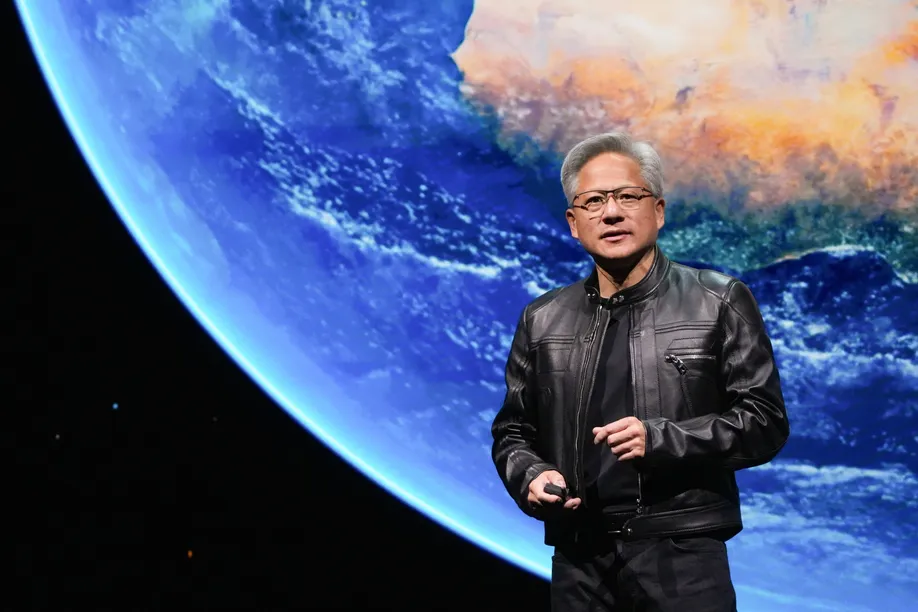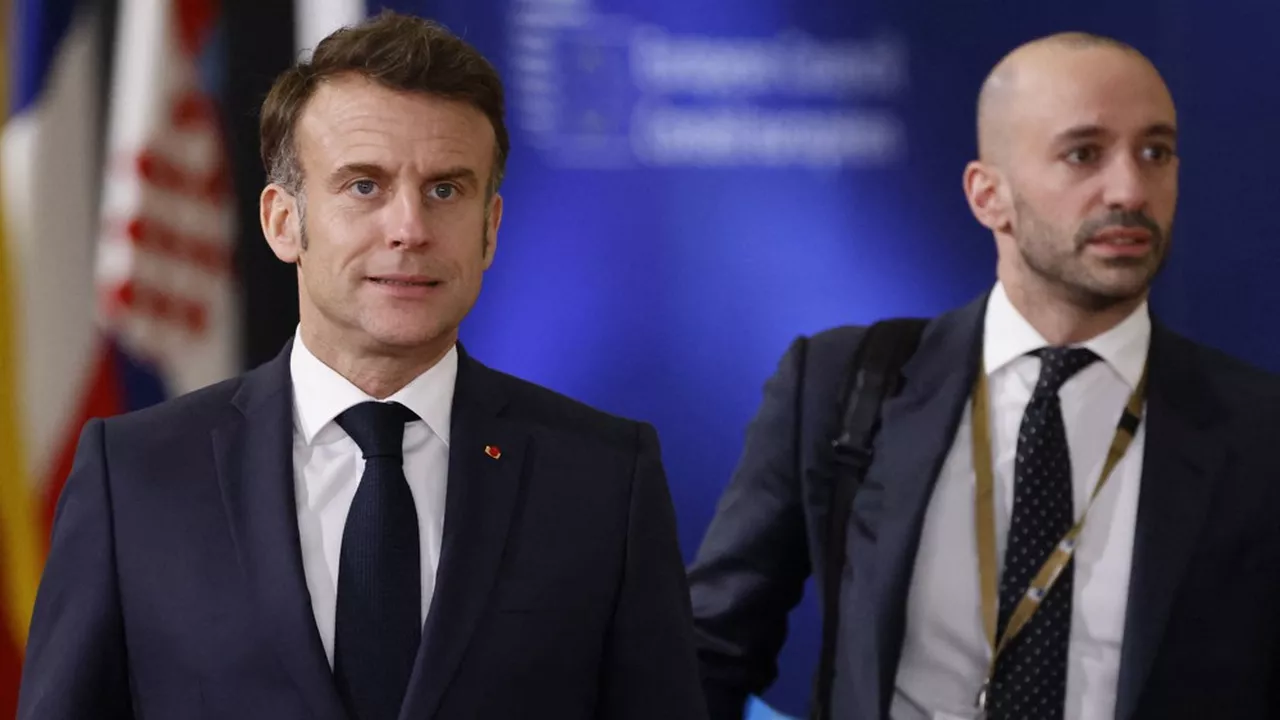Nvidia CEO Jensen Huang Set to Meet Chinese Officials Amid Escalating U.S.-China AI Trade Tensions
As the U.S. tightens export controls on advanced AI chips, Nvidia’s CEO Jensen Huang travels to China to meet with senior government officials. The visit underscores Nvidia’s strategic push to preserve market access in a climate of growing technological restrictions and geopolitical rivalry.
Nvidia CEO Jensen Huang is expected to hold high-level discussions with Chinese government leaders this week as Washington continues to intensify its export restrictions on advanced artificial intelligence (AI) technologies. The visit comes at a pivotal moment for Nvidia, whose dominance in AI chips places it at the center of U. S.
-China technological competition. Huang’s itinerary reportedly includes meetings with senior officials from China’s Ministry of Industry and Information Technology, as well as potential discussions with leaders in the tech and semiconductor industries. Though the specifics remain undisclosed, sources close to the matter say the goal is to ‘stabilize’ Nvidia’s position in China amid deepening regulatory and trade pressures.
A Market Under Threat
China remains one of Nvidia’s largest markets outside the U. S. , particularly for its high-performance graphics processing units (GPUs) that power everything from cloud computing to AI training models.
However, this lucrative market is increasingly threatened by U. S. export controls designed to prevent China from acquiring the most advanced semiconductor technologies.
The Biden administration has implemented multiple rounds of export restrictions since 2022, targeting high-end chips like Nvidia’s A100 and H100 models—essential tools in training large language models and running AI applications. These controls were extended in 2023 to include newly developed variants, prompting Nvidia to release downgraded versions like the A800 and H800 for the Chinese market. Still, even those modified chips may soon fall under restriction, as the U.
S. government signals more aggressive enforcement of tech transfer rules. This makes Huang’s visit particularly urgent, as Nvidia seeks to maintain relevance—and revenue—in the world’s second-largest economy.
Nvidia’s Delicate Balancing Act
For Huang, navigating the political minefield of U. S. -China relations is more than a diplomatic challenge—it’s a business imperative.
Nvidia reported record-breaking revenues in 2024, largely driven by global AI demand, but any disruption to its China sales could pose long-term risks to its growth trajectory. Nvidia must now walk a tightrope: complying with U. S.
laws while maintaining enough business engagement in China to remain competitive. Analysts note that Huang’s visit is likely aimed at reinforcing relationships and communicating Nvidia’s intent to work within existing regulatory frameworks. "The Chinese market is not just about sales volume—it’s about innovation partnerships and ecosystem development," said Li Wei, a semiconductor policy expert at Tsinghua University.
“If Nvidia withdraws, Chinese firms will accelerate homegrown alternatives. ”
China’s Tech Self-Reliance Push
The Chinese government has responded to U. S.
restrictions by doubling down on self-reliance in critical technologies. Major investments in domestic semiconductor manufacturing, government-led innovation funds, and talent development programs are designed to reduce dependence on American firms like Nvidia. In this context, Huang’s visit may also be seen as a last-ditch effort to ensure Nvidia’s continued relevance in a market where foreign technology is being scrutinized—and, in some sectors, slowly replaced.
At the same time, Chinese companies such as Huawei, Baidu, and Alibaba are ramping up development of AI hardware, positioning themselves to fill gaps left by U. S. chipmakers.
High-Stakes Diplomacy Meets Commercial Strategy
Huang is one of the few U. S. tech executives with deep personal and professional ties to Asia, making him a unique figure in this high-stakes landscape.
Born in Taiwan and fluent in Mandarin, Huang has long been regarded as a “bridge builder” between East and West in the tech world. While Nvidia has not confirmed any details about the visit, Chinese state media outlets have already highlighted the potential for ‘constructive dialogue’ during the meetings. Insiders suggest that topics may range from licensing and compliance frameworks to long-term partnerships with Chinese AI firms.
Still, any agreements or statements made by Nvidia will be carefully scrutinized by both Washington and Wall Street. U. S.
regulators are wary of backdoor transfers of sensitive technology, and any hint of over-accommodation could trigger backlash. Global Implications for the AI Race
This visit has broad implications beyond Nvidia. It illustrates how individual companies are being forced to play quasi-diplomatic roles in the larger geopolitical contest between the U.
S. and China. As AI becomes central to everything from national defense to economic productivity, companies like Nvidia find themselves entangled in a high-stakes game they cannot control—but must skillfully navigate.
"Jensen Huang’s trip is not just about saving sales," said Emily Chen, a geopolitical risk analyst. “It’s about defining the future rules of engagement in the global tech industry. ”
Conclusion: Navigating the Crossroads
As the world’s leading provider of AI hardware, Nvidia holds an outsized role in shaping the direction of next-generation computing.
Huang’s meeting with Chinese leaders represents an effort to protect Nvidia’s stake in that future—without running afoul of its obligations at home. Whether this visit yields concrete policy shifts or merely symbolic reassurance, it marks a critical moment in the evolving landscape of AI geopolitics. The message is clear: the future of AI will be written not just in code, but in diplomacy, regulation, and strategic compromise.




